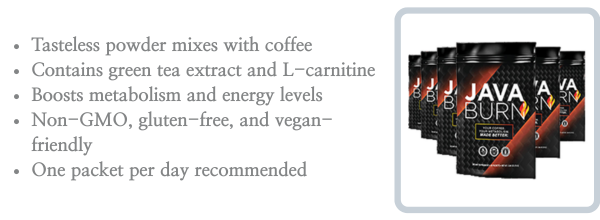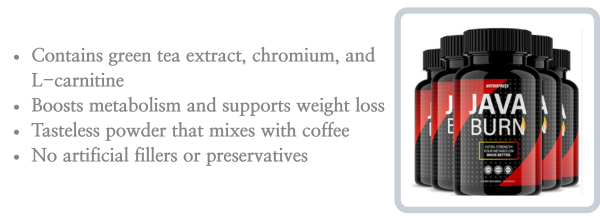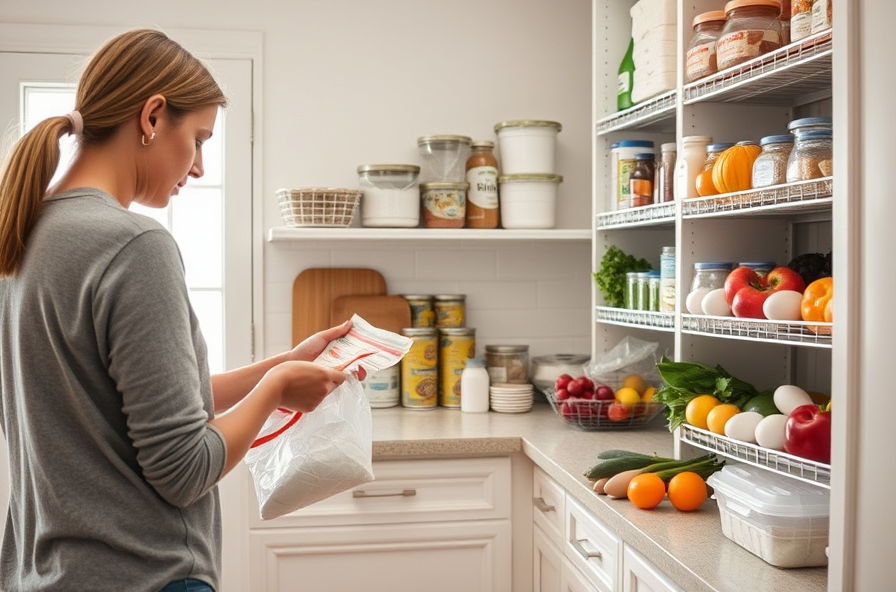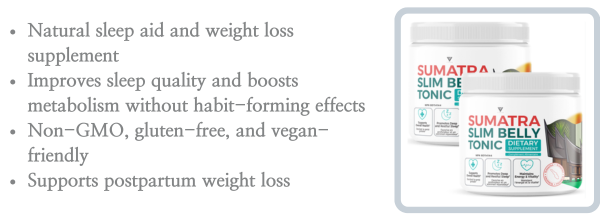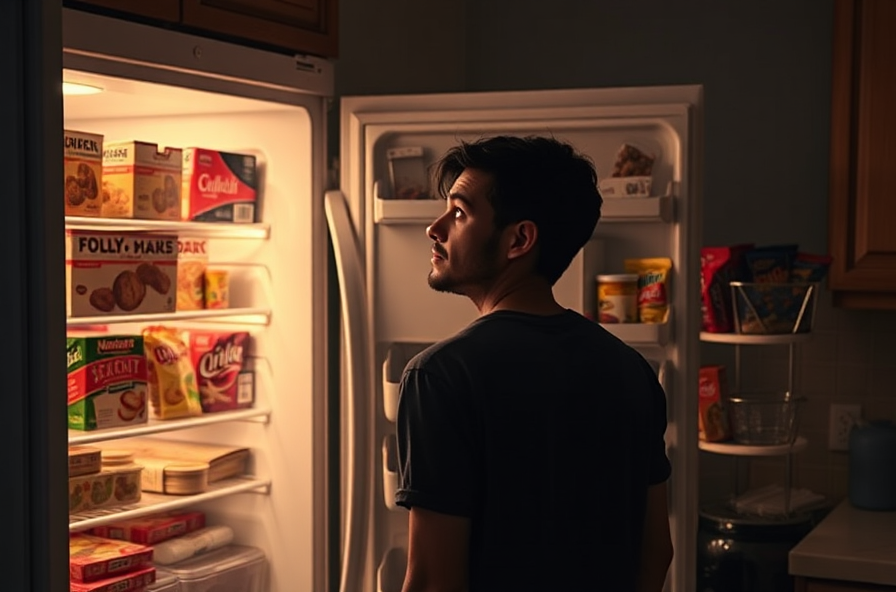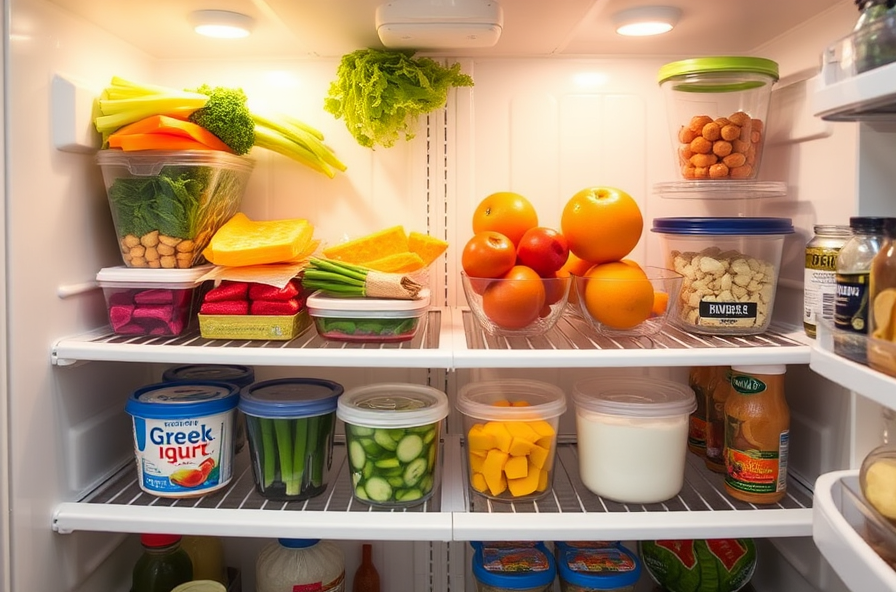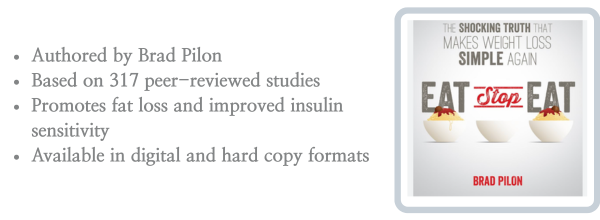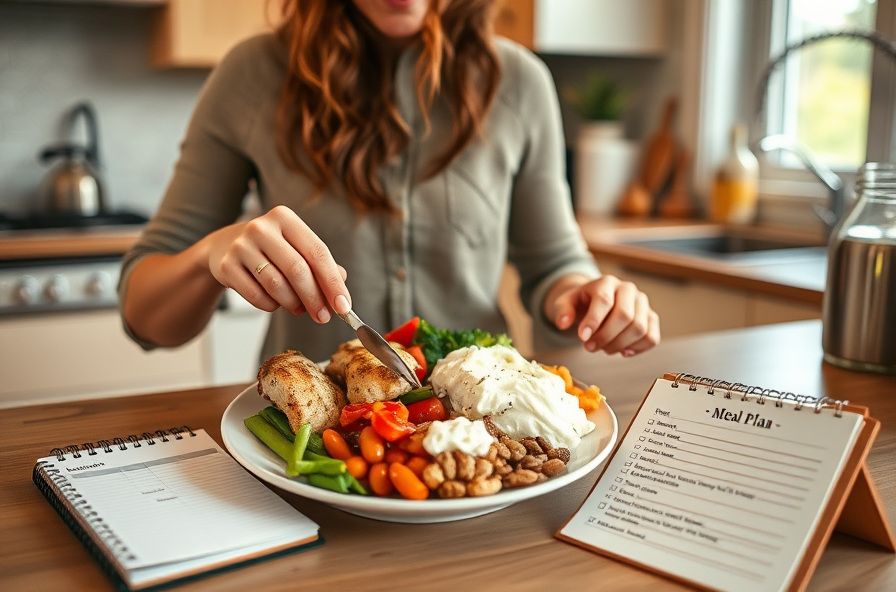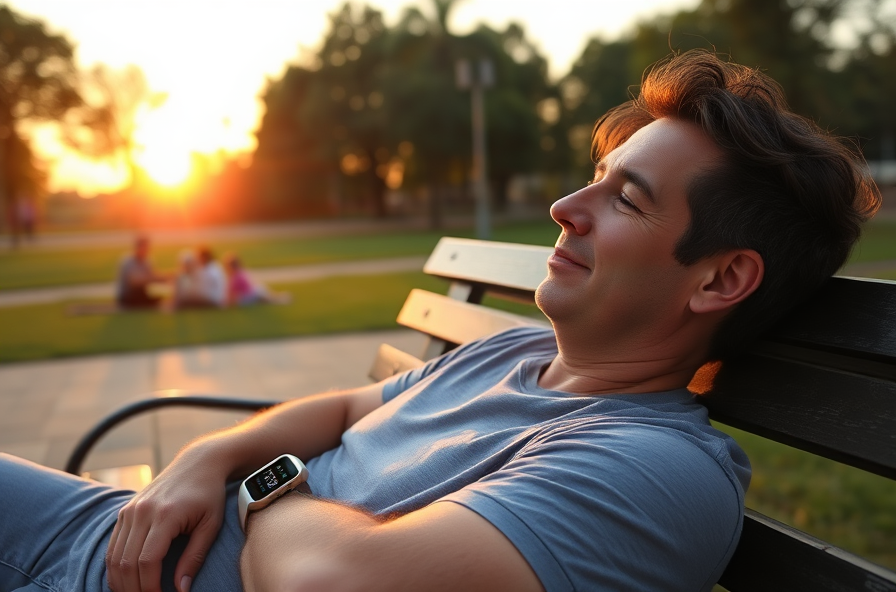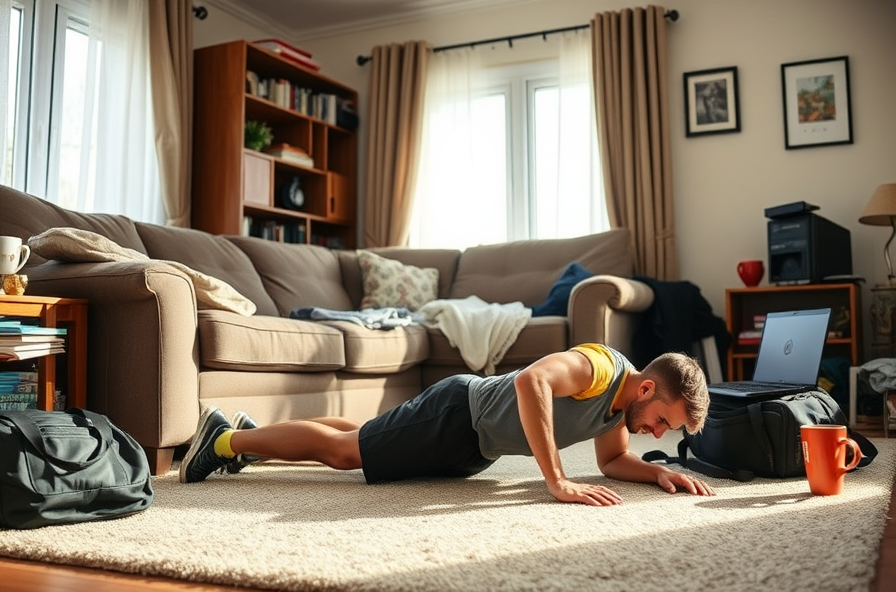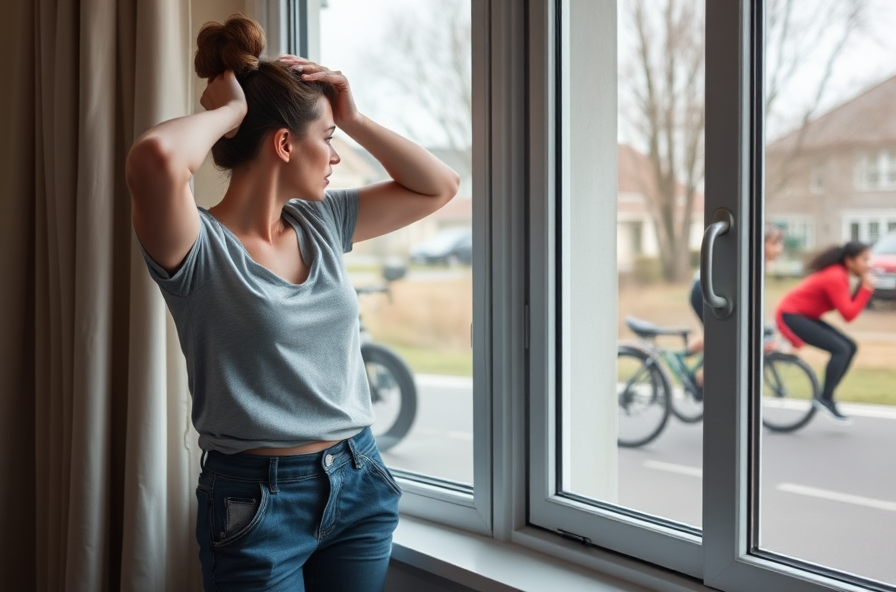
If you’ve hit your 40s and are suddenly wondering where your pep went or how those extra pounds snuck up on you, trust me, you’re in good company. In this article, we’ll walk through why nutrition needs to change once you cross that 40 mark—not in a “you must eat nothing but salad forever” kind of way, but in a way that actually makes sense for real life. It’s about finding smart tweaks to help you stay strong, energized, and feeling like yourself (without pretending you want to eat nothing but celery sticks). You’ll get straightforward advice, a look at what really works (missteps included), and plenty of encouragement if, like most of us, you still want food to be enjoyable. Let’s be real: things shift once you hit 40. Suddenly your usual habits don’t seem to have the same payoff. More than ever, what you eat affects how you feel—every day. So, I wanted to break down what makes a nutrition plan truly work for men in their 40s. We’re talking about what foods you need more of, how to set up meals so you’re not starving by 3pm, and practical steps to keep your health and energy on the right track in a decade that sneaks up fast.

If you’ve hit your 40s and are suddenly wondering where your pep went or how those extra pounds snuck up on you, trust me, you’re in good company. In this article, we’ll walk through why nutrition needs to change once you cross that 40 mark—not in a “you must eat nothing but salad forever” kind of way, but in a way that actually makes sense for real life. It’s about finding smart tweaks to help you stay strong, energized, and feeling like yourself (without pretending you want to eat nothing but celery sticks). You’ll get straightforward advice, a look at what really works (missteps included), and plenty of encouragement if, like most of us, you still want food to be enjoyable.
Let’s be real: things shift once you hit 40. Suddenly your usual habits don’t seem to have the same payoff. More than ever, what you eat affects how you feel—every day. So, I wanted to break down what makes a nutrition plan truly work for men in their 40s. We’re talking about what foods you need more of, how to set up meals so you’re not starving by 3pm, and practical steps to keep your health and energy on the right track in a decade that sneaks up fast.
Here’s the thing: I didn’t even realize my metabolism had hit the brakes until my jeans started protesting. Suddenly, the “I’ll just go for a quick jog later” routine stopped cutting it. That classic, slow-creeping belly fat? It’s no joke, and it turns up right when you’re least amused by it. Most men go through this—what always worked before just… doesn’t anymore. Sometimes it feels like your body and your old favorite foods conspired behind your back. I get it, and you’re definitely not the only one noticing all the ways your 40-year-old self plays by new rules.
Following a diet in your 40s isn’t about jumping onto some shiny new health craze—it’s just about giving your body what it’s seriously asking for right now. Forget all the noise about demonizing carbs or obsessing over kale smoothies. The stuff that actually helps isn’t complicated: load up on colorful fruits and veggies, grab whole grains when you can, favor healthy fats over the greasy stuff, and squeeze in good protein. Yup, calcium matters too—whether that means a Greek yogurt or handful of almonds, you do you. Truthfully, the reason you want this variety is because your body is running a new operating system; hormones, metabolism, all those health markers—they’re doing something new behind the scenes. Time to give them what they’re asking for.

Honestly, you might have to try a few things before it all clicks, and there’s no one-size-fits-all guarantee. But once you find that rhythm, it’s totally worth it. The 40s can be some of the best, most powerful years of your life, at least health-wise—especially with a nutrition plan that works for you, not against you.
Sources
-
Your Complete Guide to Eating Well After 40 — MuscleTech
-
Simple Eating Habits That Actually Work for Men Over 40
-
Real-World Sample Meals for Men — Eat For Health
Today’s related searches: high fiber meal plan for men over 40, best protein sources for men over 40, how to reduce belly fat after 40 male, meal prep ideas for men over 40, adjusting carb intake for men over 40
[intro_box]
